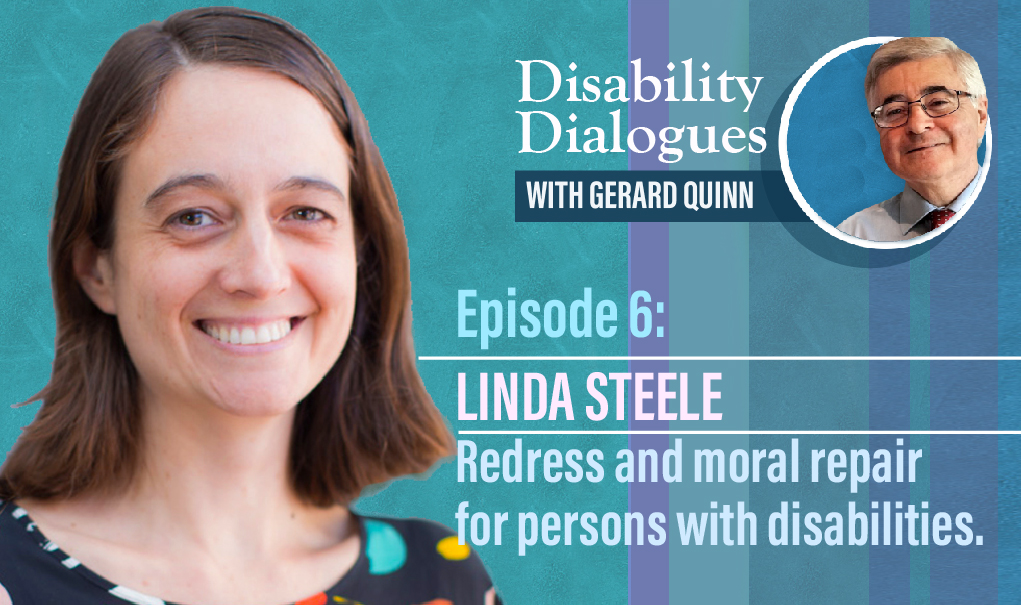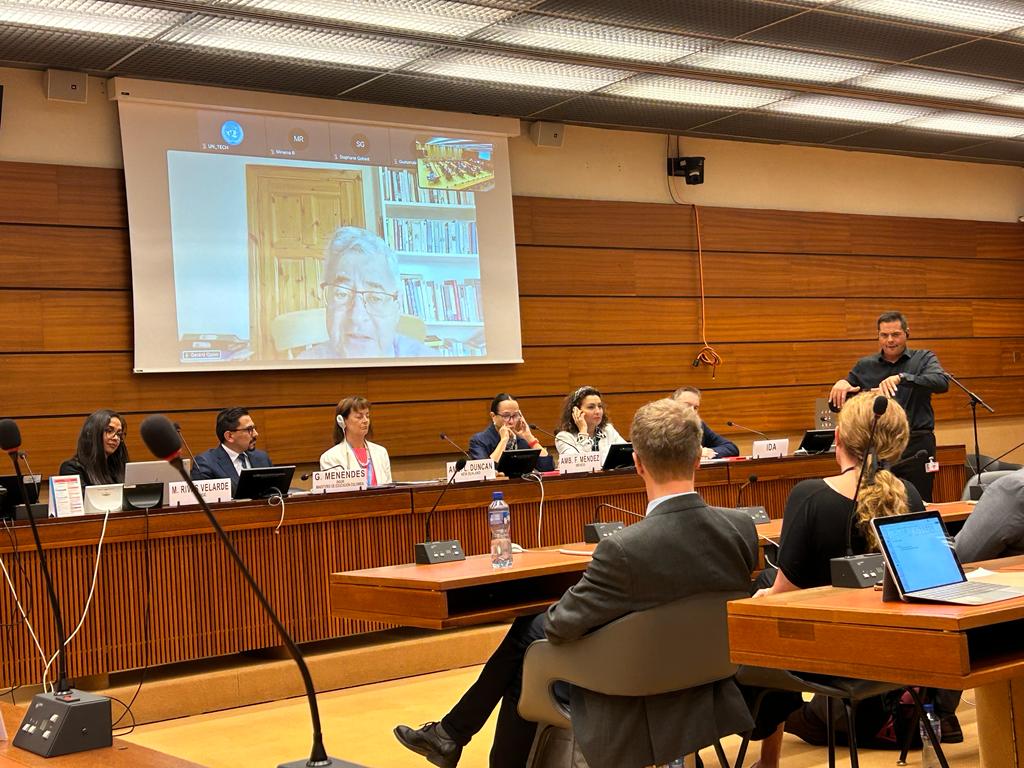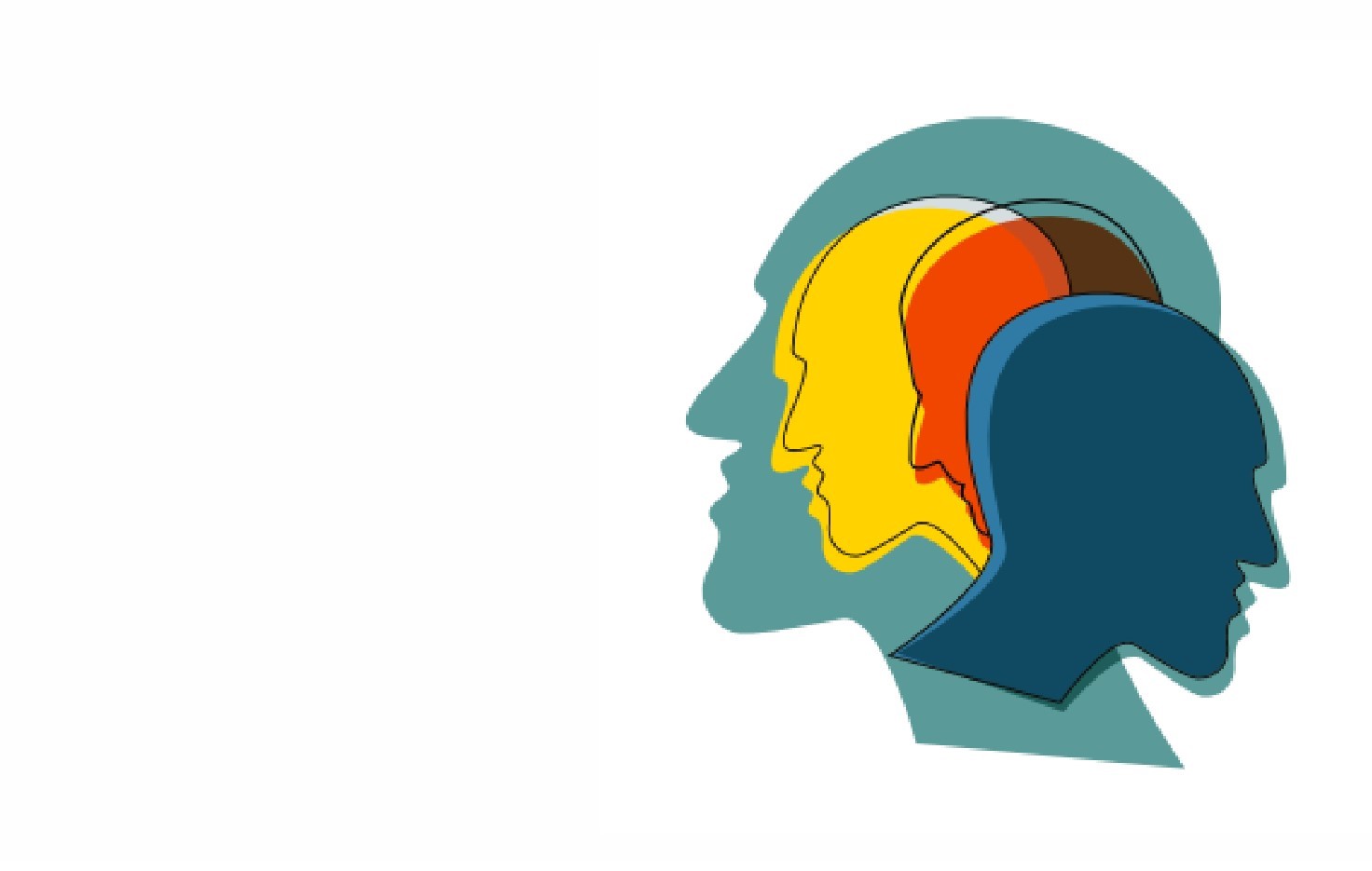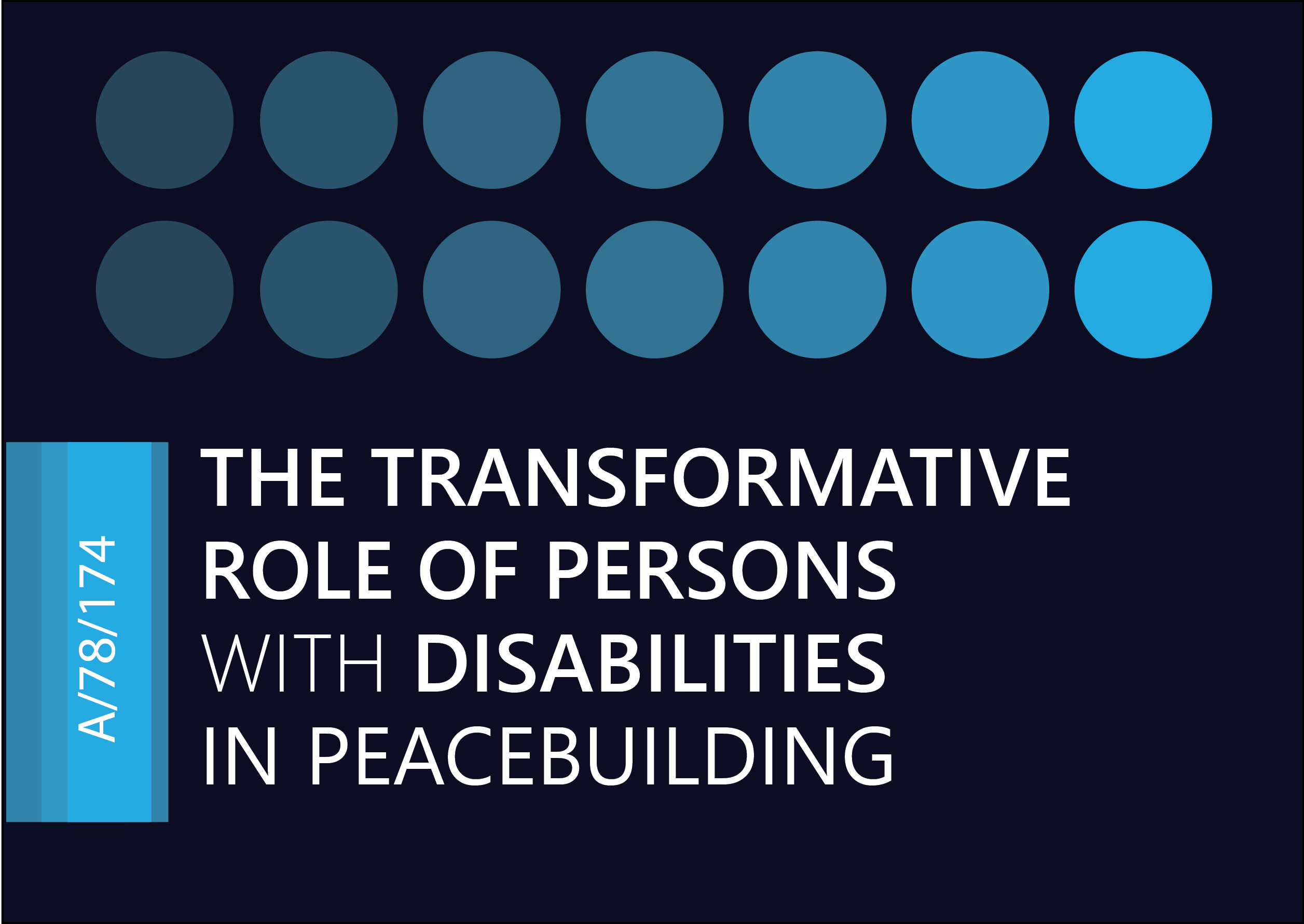After his official visit to the Hashemite Kingdom, the UN Special Rapporteur on the rights of persons with disabilities lauds Jordan's efforts on disability rights and encourages international support.
“Jordan stands out as a leader on disability rights in the region. It was one of the first States at the start of the process that resulted in the drafting of the UN Convention on the Rights of Persons with Disabilities, and was among the first to ratify it”, said Gerard Quinn, Special Rapporteur on the rights of persons with disabilities, in a statement after concluding his 10-day official visit to the country.
The country's commitment is reflected in the sophisticated body of law that protects the full range of rights of persons with disabilities, such as the 2017 national disability legislation, the explicit prohibition of discrimination on the basis of disability and the duty to provide reasonable accommodation.
The expert said that while strong legislation on disability was necessary and important, it must be accompanied by systematic efforts to combat stigma.
“I heard from persons with disabilities how stigma and bias keep them at home, out of school and employment and isolated from their communities,” the expert said.
He invited the Government to consider developing a nationwide media campaign to sensitise and educate the general population on disability and the human rights-based approach to the issue. “The campaign should encourage and empower families with individuals with disabilities to not see disability as a hindrance but simply as a form of human diversity”.
The expert urged Jordan to establish an independent mechanism to promote and monitor its implementation of the Disabilities Convention, pursuant to Article 33(2). Such a mechanism would efficiently complement what he described as extraordinary work being undertaken by the Higher Council for Persons with Disabilities, helping to bridge implementation gaps in disability rights.
The expert also noted significant disparities in accessibility and access to education, health, administration of justice, and social protection depending on where in the country does a person with disabilities live.
He stressed that further efforts were needed to make the physical environment, the transport system, schools, and buildings open to the public accessible to the full range of people with disabilities. “During my visit, persons with physical disabilities and older persons recurrently complained about the transport being costly and inaccessible. I saw first-hand the impact this is having on access to school, medicine, health care and employment”.
On the other hand, the UN expert was heartened by moves to improve accessibility for students with disabilities in schools and universities. “Work to better equip higher education in teaching Jordanian sign language is underway. Efforts to sweep away exclusionary policies in relation to accessing the course of one’s own choosing are excellent signs of progress,” he said.
The Special Rappoeteur also recognised the immense strain placed on Jordan by the number of refugees the country was hosting, as humanitarian aid was starting to wane. “Jordan has time and again opened its doors to those forced to flee, many of whom have mental, psycho-social and physical disabilities. Leaving no one behind has to mean extending the benefits of inclusion to refugees with disabilities. That is a joint responsibility with the international community,” he stressed.
As donor fatigue sets in and aid organisations move to the next conflict, refugees with disabilities increasingly struggle to have access to the most basic of necessities. Mr. Quinn called on donors and the international community to show solidarity with Jordan.
A detailed report of Gerard Quinn's findings and recommendations will be presented to the Human Rights Council in March 2023.






